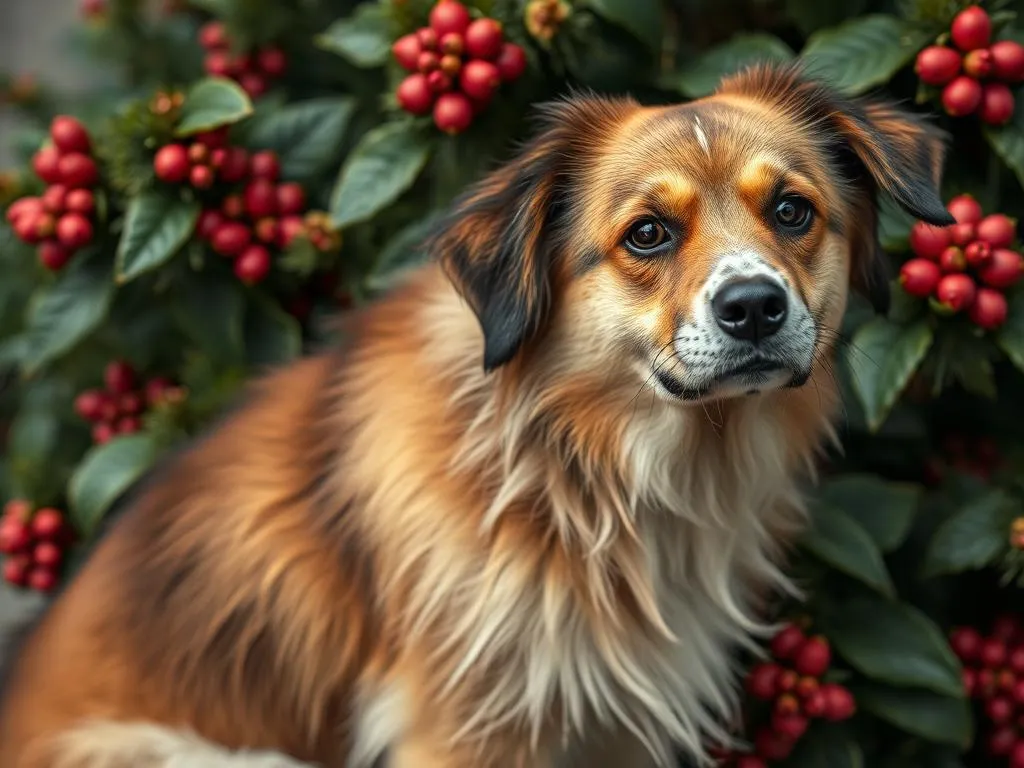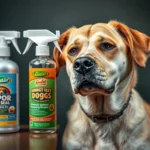
Introduction
Overview of Dog Health Care
Maintaining a dog’s health is a year-round commitment, but the holiday season presents unique challenges for pet owners. With festive decorations, gatherings, and special treats, it’s crucial to be vigilant about what our furry friends are exposed to during this time.
Context of Holiday Plants
The holiday season is synonymous with vibrant decorations, and many people bring holiday plants into their homes. From cheerful poinsettias to aromatic evergreens, these plants add cheer to our celebrations. However, not all holiday plants are safe for our dogs.
Purpose of the Article
The aim of this article is to educate dog owners about poisonous holiday plants for dogs, their effects, and how to keep our pets safe during the festive season.
Importance of Awareness
Awareness is key during the holidays when the risk of accidental poisoning increases. By knowing which plants to avoid and being proactive, dog owners can ensure a safe and joyful holiday for everyone.
Common Holiday Plants and Their Toxicity
Poinsettias
Poinsettias are a staple decoration during the holiday season, known for their vibrant red and green foliage. While they are often labeled as mildly toxic, the toxic components can still cause significant discomfort in dogs. If ingested, dogs may exhibit symptoms such as vomiting, diarrhea, and irritation of the mouth and stomach.
Mistletoe
Associated with holiday traditions and romantic gestures, mistletoe can pose a serious threat to dogs. Both the berries and leaves contain toxic compounds, and ingestion can lead to severe symptoms, including vomiting, diarrhea, and more serious complications like difficulty breathing.
Christmas Cactus
This popular plant is often mistaken for a traditional cactus. While it is less toxic than other holiday plants, ingestion can still cause mild gastrointestinal upset in dogs. Symptoms may include nausea or vomiting, but the risk is considerably lower than with other plants.
Holly and Ivy
Holly and ivy are classic holiday decorations, but they come with their own risks. The holly berries and leaves contain saponins, which can cause nausea, vomiting, and diarrhea in dogs. Ivy can lead to more severe symptoms, including abdominal pain and depression if ingested.
Amaryllis
Amaryllis plants are popular for their stunning blooms during the holiday season. However, they are highly toxic to dogs. The bulbs are particularly dangerous, containing a substance called lycorine, which can cause severe symptoms such as vomiting, diarrhea, and even tremors. Pet owners should be cautious with this plant and ensure it is kept out of reach.
Other Holiday Hazards
Christmas Trees
While the Christmas tree is often the centerpiece of holiday decorations, it can pose risks to our dogs. Tree needles can cause gastrointestinal obstructions if ingested, and the water used to keep the tree fresh may contain harmful preservatives. It’s essential to cover the water reservoir and clean up fallen needles promptly.
Decorative Lights and Ornaments
Holiday lights and ornaments can be a source of danger for curious dogs. Electrical cords can pose a risk of electrocution, while breakable ornaments may lead to cuts or choking hazards. To ensure safety, secure cords out of reach and use non-breakable decorations whenever possible.
Holiday Foods
Many holiday foods are toxic to dogs, including chocolate, grapes, and xylitol-sweetened treats. It’s crucial to keep these foods out of reach and inform guests not to feed table scraps to your dog.
Recognizing Poisoning Symptoms
General Symptoms of Plant Poisoning
As a dog owner, it’s vital to be aware of the general symptoms of poisoning. Common signs can include vomiting, diarrhea, lethargy, and abdominal pain. If you notice any of these symptoms, especially after your dog has been around holiday plants, take action immediately.
Specific Symptoms Related to Holiday Plants
Each plant has specific symptoms associated with its toxicity:
- Poinsettias: Vomiting, diarrhea, and mouth irritation.
- Mistletoe: Vomiting, diarrhea, and difficulty breathing.
- Christmas Cactus: Mild gastrointestinal upset.
- Holly and Ivy: Nausea, vomiting, and abdominal pain.
- Amaryllis: Vomiting, diarrhea, and tremors.
When to Seek Veterinary Help
If you suspect your dog has ingested a poisonous plant, it’s crucial to contact your veterinarian immediately. Quick action can save your pet’s life. If possible, bring a sample of the plant or the packaging for identification.
Prevention Strategies
Choosing Pet-Safe Plants
To create a safe holiday environment for your dog, consider choosing pet-safe plants. Some options include:
- Christmas Rose (Helleborus niger)
- Bamboo Palm
- Parlor Palm
- Spider Plant
These plants are safe for dogs and can still add festive cheer to your home.
Safe Decorating Practices
When decorating for the holidays, consider the following tips to dog-proof your home:
- Keep all decorations out of reach of curious noses and paws.
- Use sturdy, non-breakable ornaments.
- Secure electrical cords and avoid using tinsel or small decorations that can be ingested.
Educating Family and Guests
It’s essential to educate family members and guests about the potential dangers of holiday plants. Inform them of which items are off-limits for your dog and why it’s crucial to keep holiday treats out of reach.
Emergency Response
First Aid for Poisoning
If you suspect your dog has ingested a poisonous plant, take the following first aid measures:
- Stay Calm: Your reaction can influence your dog’s behavior.
- Identify the Plant: Knowing what your dog has ingested is vital for treatment.
- Do Not Induce Vomiting: Unless instructed by a veterinarian, do not try to make your dog vomit as it can sometimes cause more harm.
Poison Control Resources
Familiarize yourself with pet poison control hotlines. The ASPCA Animal Poison Control Center (APCC) is a reliable resource that can offer guidance in emergencies. Keeping their number handy can be a lifesaver.
Preparing for a Vet Visit
If you need to take your dog to the vet, gather the following information:
- The plant your dog ingested (if known)
- The amount ingested
- Any symptoms your dog is displaying
- Your dog’s medical history
Having this information ready can help your vet provide the best care quickly.
Conclusion
Recap of Key Points
Throughout this article, we’ve highlighted several poisonous holiday plants for dogs and their potential symptoms. From the festive poinsettia to the toxic mistletoe, awareness of these plants is crucial for keeping our dogs safe during the holidays.
Final Thoughts on Dog Health Care
Being vigilant about our dog’s health is paramount, especially during the festive season when they may encounter new hazards. By using the information provided in this article, dog owners can enjoy the holidays without compromising their pet’s well-being.
Encouragement for Responsible Pet Ownership
As responsible pet owners, it’s our duty to educate ourselves and protect our furry friends from harm. With some simple precautions and a bit of knowledge, we can ensure a safe and joyous holiday season for both humans and pets alike.
By remaining vigilant and informed, we can enjoy the holidays while ensuring our dogs stay healthy and happy.









